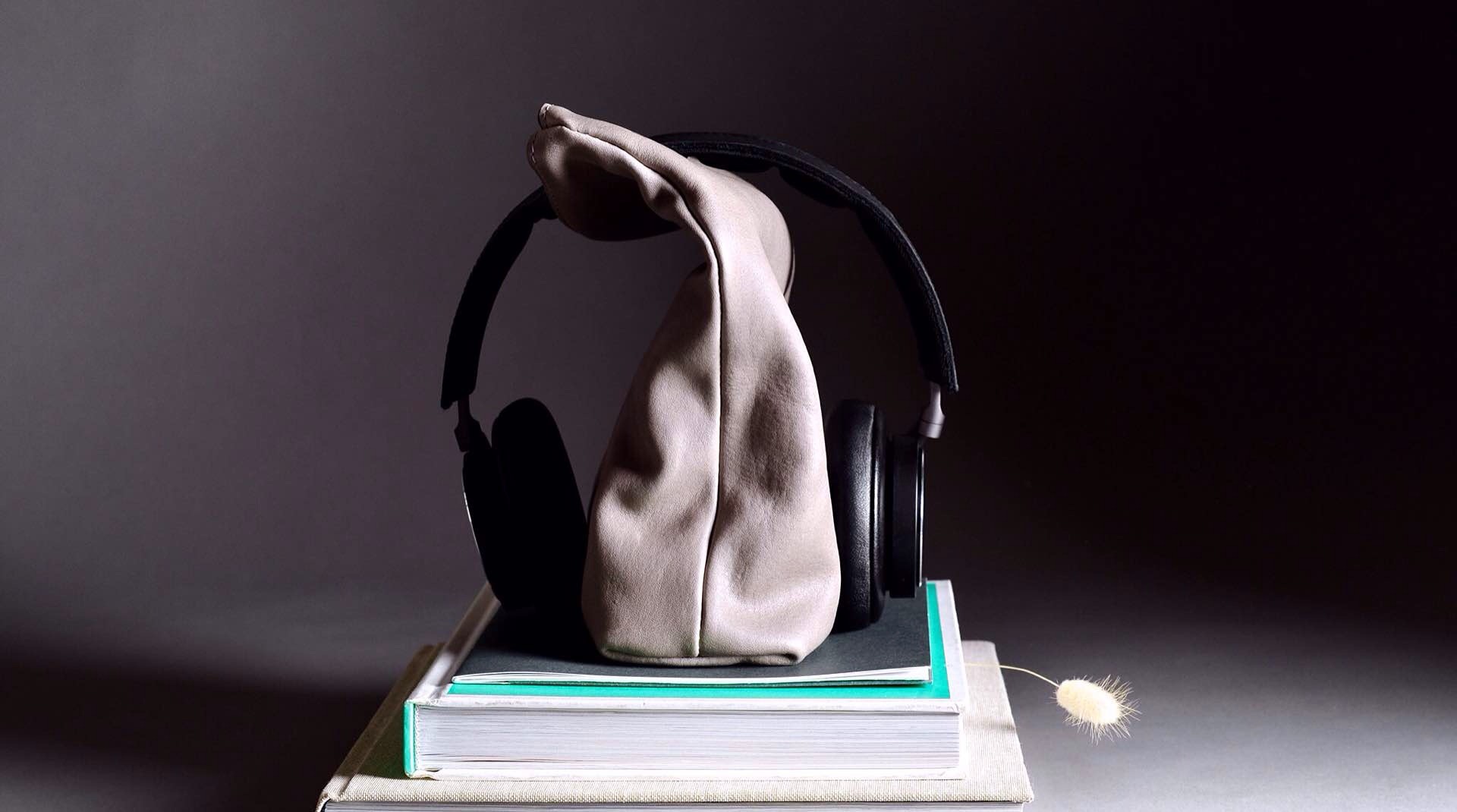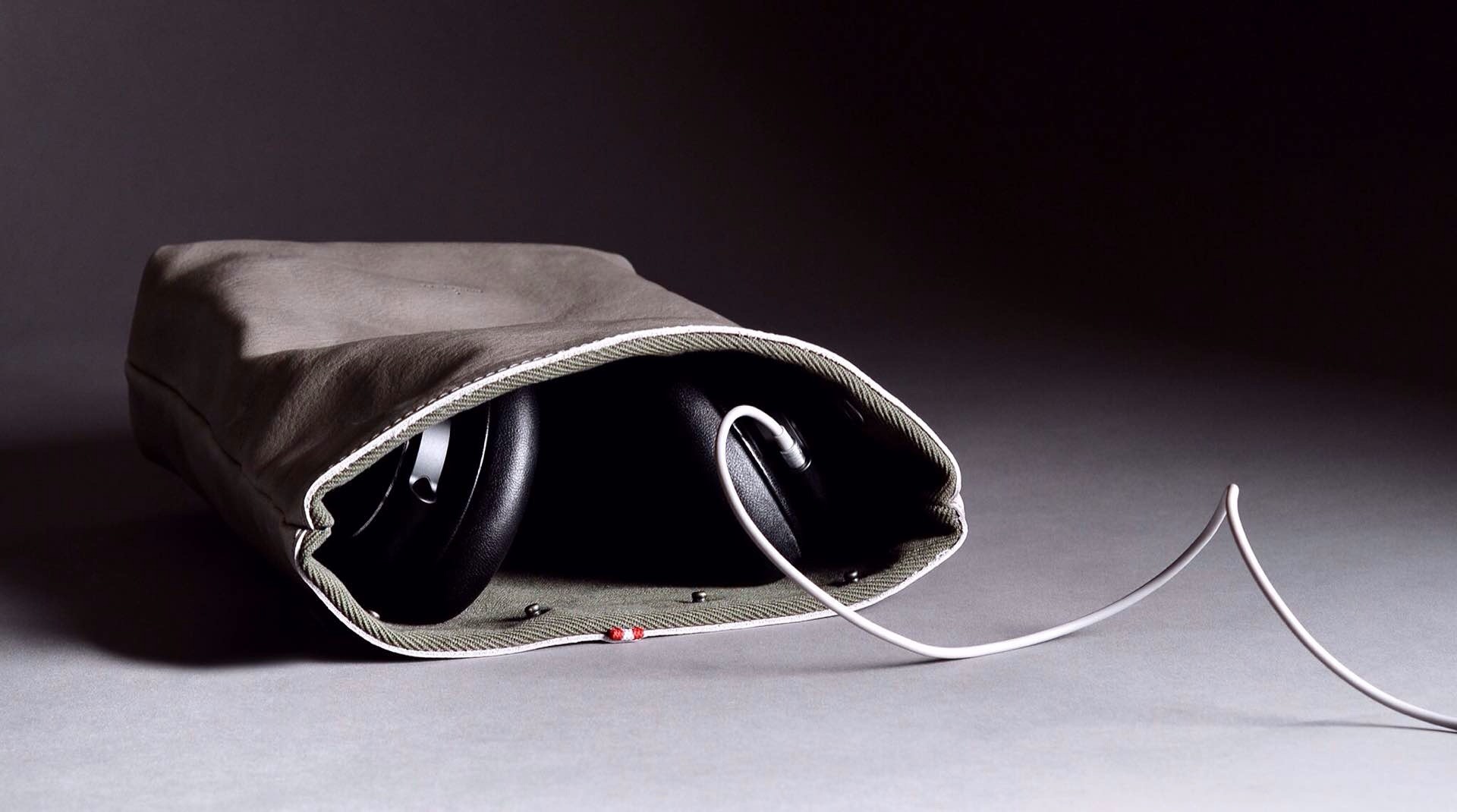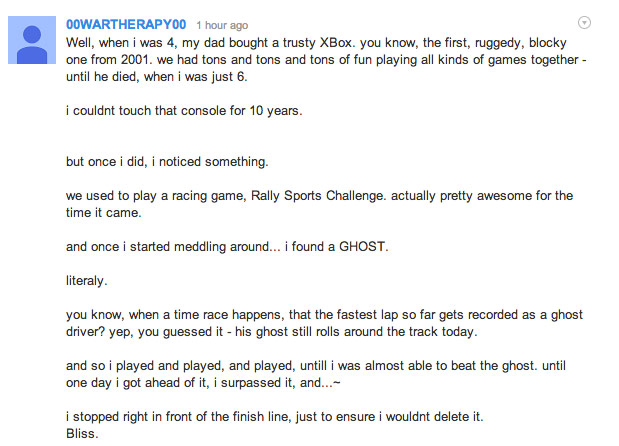
Like most parents, you feel this terrible tug.
On the one hand, you want to provide your child with every advantage. On the other hand, sometimes it feels like when you do that, you’re feeding an incredibly unhealthy characteristic in our culture.
For whatever reason, we’re living in the midst of an entitlement epidemic. Probably more than any other generation before us, our generation feels as though we have a right to things that used to be defined as wants, or even privileges.
Here’s how the cycle starts:
On the day your child is born, it’s easy to decide as a parent that you need to give your child every advantage.
So you compete. You made sure he had bright colors in his nursery and exactly the right kind of mobile to stimulate his brain, but now it’s an all out frenzy to ensure your preschooler can swim, skate, hit a ball, paint frameable art, read, write and speak classical Greek before his fourth birthday.
And don’t worry, because by the time you’re done with the race to kindergarten, the culture has taken over feeding the frenzy. Your child has now seen enough advertisements and made enough friends to believe that her every desire not only can be met, but should be met. The boots that every other stylish kid is wearing are not a privilege, they are a right. Or so you’ve been told.
And then other inalienable rights emerge: the right to a phone for texting, iPod touches, Facebook and so much more.
Somewhere in the mix, you found yourself realizing that you are tempted to pay your kids for every “act of service” rendered in the house, from emptying the trash to picking up each sock.
And you realize something is desperately wrong. And you would be correct in that.
So, what do you do to fight entitlement in yourself and in your kids? Here are five suggestions:
1. Be clear on wants and needs. I joke with my kids that we owe them shelter, food and clothes, and I would be happy to slip a pizza under the door to their cardboard house any time they wish (they are teenagers, don’t try this with your 5-year-old, but you get the point.) Take time to explain what is actually a need and what a want is. Culture will never explain it to them. You need to.
2. Reclaim special occasions. There is nothing wrong with not buying wants for your kids in every day life. Save the special things for special occasions like birthdays, Christmas and the like. You don’t need to indulge for no reason. In fact, you probably shouldn’t.
3. Set a budget and let them choose. With back to school shopping and seasonal purchases, we started setting a budget with our kids early and then let them choose how they would spend it. They become much more frugal shoppers when all of a sudden they realize that money is limited and they can get more if they shop around.
4. Establish an allowance and expectations. An allowance is a great way for a child to learn responsibility. We’ve encouraged our kids to give 10 percent of every thing they earn, save 10 percent, and live off the rest (the formula gets more restrictive the closer they get to college). Explain what gets covered and not covered out of that allowance.
5. Be clear about what you will never pay them for. There are some things that you do because you are a part of the family. You can decide where that lands in your home. Make a list of responsibilities that no one gets paid for that you do because you are part of a family. To help with this, why not ask your kids what a reasonable list looks like? Involving them will help them own the decision. Second, make sure you follow up. And hold them responsible for what you all agreed to do. Otherwise you will be tempted to pay for everything or just roll your eyes daily and do it yourself.
Approaches like these can help raise kids who see life as a series of privileges, who live gratefully, and realize their responsibility to others.
How is our entitlement culture impacting your family? And how have you learned to battle it?
 Carey is the lead pastor of Connexus Community Church, a growing multi-campus church near Toronto and strategic partner of North Point Ministries. Prior to starting Connexus in 2007, Carey served for 12 years in a mainline church, transitioning three congregations into a single, rapidly growing congregation. Carey writes one of the most widely read Christian leadership blogs today. He is the author of “Leading Change Without Losing It” and co-author of “Parenting Beyond Your Capacity” with Reggie Joiner. He and his family live in Ontario, Canada. Find Carey on his blog or follow him on Twitter @Cnieuwhof.
Carey is the lead pastor of Connexus Community Church, a growing multi-campus church near Toronto and strategic partner of North Point Ministries. Prior to starting Connexus in 2007, Carey served for 12 years in a mainline church, transitioning three congregations into a single, rapidly growing congregation. Carey writes one of the most widely read Christian leadership blogs today. He is the author of “Leading Change Without Losing It” and co-author of “Parenting Beyond Your Capacity” with Reggie Joiner. He and his family live in Ontario, Canada. Find Carey on his blog or follow him on Twitter @Cnieuwhof.







 Sarah Anderson writes for the XP3 student curriculum at Orange. She is married to Rodney Anderson and is mom to two beautiful bouncy boys, Asher and Pace. Follow her on twitter @sarahb_anderson.
Sarah Anderson writes for the XP3 student curriculum at Orange. She is married to Rodney Anderson and is mom to two beautiful bouncy boys, Asher and Pace. Follow her on twitter @sarahb_anderson.